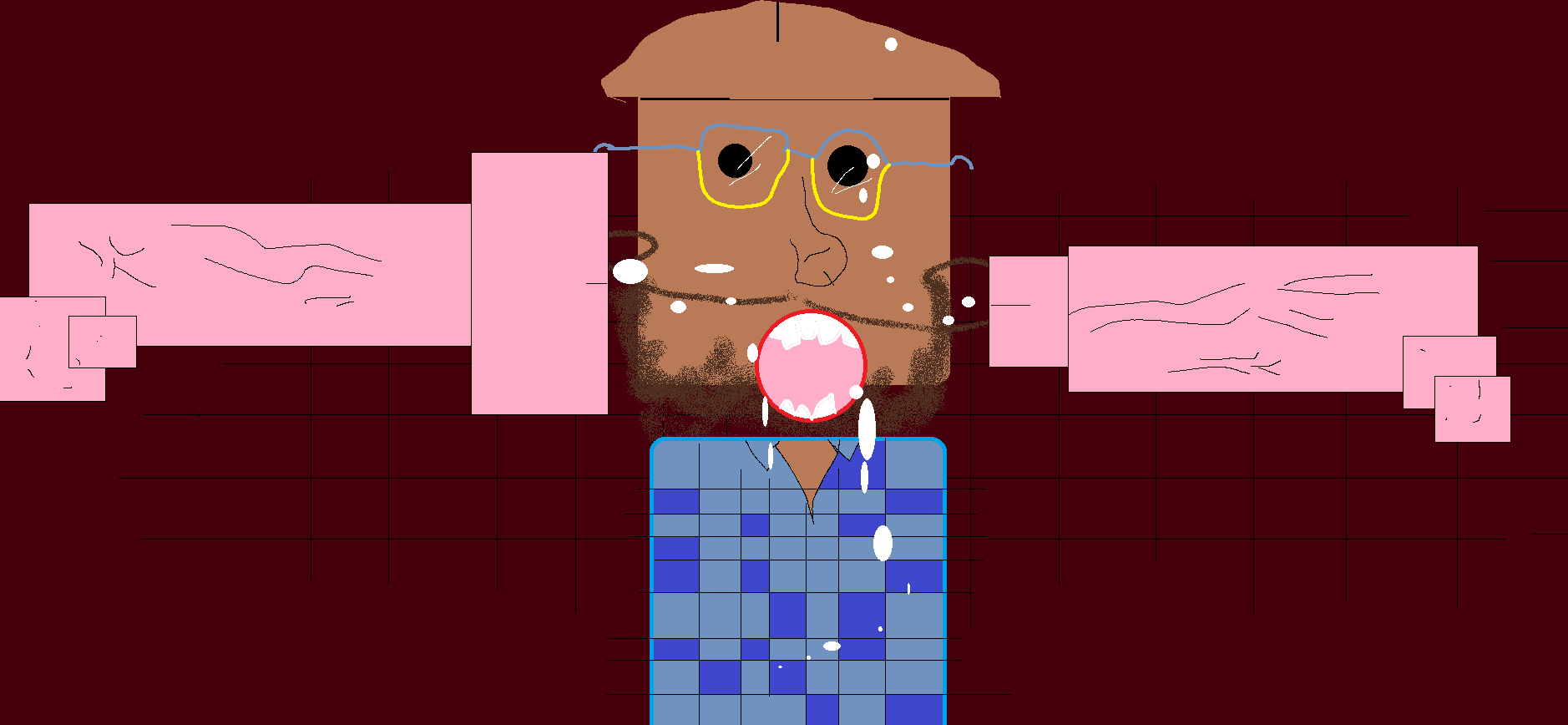Thought this was worth making sticky incase it gets lost amongst the frontpage news.. By Richard Matthews I’m sick of hearing DJ’s debate about the licensing issues within the Australian music industry. There are so many backyard operations that go unlicensed simply because there is no one out there willing to give the correct information relating to DJ legally in Australia, or when they do find someone willing to share some knowledge they themselves are ignorant to the law. That’s why I have decided to put the information out there freely for everyone to discuss. Here we go, RhemyD Entertainment’s beginners guide to going legit! So what’s the issue with the law and DJing anyway? Well it all boils down to copyright and before I hear those resounding groans let me just say that I’m not going to be smashing the old lines about bibliographies ingrained into us through high school English, you became a DJ to get away from that right? Music copyright in Australia is all about protecting the artist, whom without we would have no music to play. It’s all about keeping the music legal and thus keeping the music industry alive. Without copyright there simply wouldn’t be a music business. We’d all be out of a job. As most of you would know, a DJ should obtain there music through legitimate sources. Go out and buy that CD or download it off of a reputable site such as iTunes (more sites can be found at MIPI, more about this later). But, what many don’t know is that by purchasing the music you don’t automatically have the ability to play it in public. That’s breaching copyright. So how does a DJ get around this? Easily, through licensing organisations such as the Phonographic Performance Company of Australia (PPCA), Australia Recording Industry Association (ARIA), Australasian Mechanical Copyright Owners Society (AMCOS), Australasian Performing Rights Association (APRA). Each of these organisations provides licenses for a specific act to do with DJ’ing. PPCA provides licenses for playing copyrighted music in public, ARIA for media shifting, APRAAMCOS also provides licenses for playing music in public. The best way to look at this is through case examples. Let’s look at DJ Smith, 16 year old who has just started becoming interested in DJing. He’s bought his own music and his first system but for now only plays to himself and a few select friends in his bedroom. Does he need any form of licensing at this stage? The answer is no, as he is only playing to himself, in his bedroom, with practically no one else around he does not need any form of licensing. Smith has decided he likes DJing so much that he has gotten very good at what he’s doing. He decides to make a mix CD to send to the local pubs and clubs so that he can try and get a gig. Smith needs a license to make this CD. He will require either an ARIA license or direct permission from the record labels the tracks he is using are from. This is because he is making copies of the music. Although Smith is just mixing the songs together he is still undertaking what is known as “media shifting” and thus, requires a license from ARIA to engage in this production. Misconception: Just because you are providing a mix tape free of charge does not mean you still need permission. Once Smith has obtained the license from ARIA to make his CD he sends it off to the local club. They decide that Smith can do an opening set on the Thursday night. Now Smith doesn’t need any more licenses to do this. The venue Smith is working as a DJ at however must have a license from the PPCA and APRA to enable the use of music being played for a commercial profit. Smith now has been playing in the industry for 5 years and decides to open his own mobile DJ business. He now needs to license his equipment through the PPCA with a Tariff F license. This license covers the use of one mobile DJ and his equipment (referred to as discotheque unit). For each employee Smith hires he is required to further pay a license but at a smaller fee. If the venue Smith is going to work at doesn’t have an APRA/AMCOS license then his is further required to obtain one of those too. The only other thing Smith has to worry about now is insurance for his equipment, public liability and public indemnity if it becomes an issue. This will be the discussion of another article. The above example covers the majority of DJ’s prior to the 21st century. Now day’s we have laptops as well as “discotheque units” and the PPCA license has broaden its classification to include laptops too. The only other license a mobile DJ using a laptop has to worry about is a blanket license from ARIA to cover the conversion of CD’s to MP3’s. All the info on obtaining these licenses can be found at the organisations website. Most of these are fairly inexpensive and should be purchased to cover any DJ from prosecution. Illegal possession of media can result in $65,000 fine or 5 years in prison per track. For more information see the following links. PPCA: www.ppca.com.au ARIA: www.aria.com.au APRA/AMCOS:www.apra-amcos.com.au MIPI: www.mipi.com.au Richard Matthews is owner and operator of RhemyD Entertainment, located in Adelaide South Australia. His website can be found at www.RhemyDEntertainment.com.au

